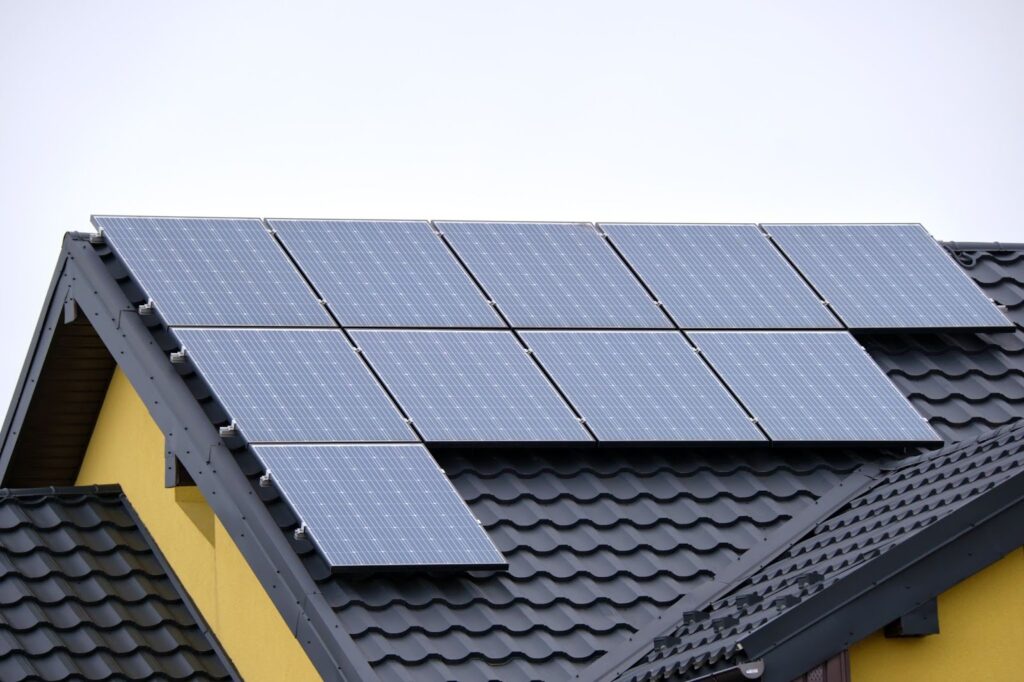Residential Solar: Powering Homes with Clean Energy

Residential solar has become one of the fastest-growing home improvements in recent years. With the cost of solar panels dropping and incentives making the switch more affordable, more homeowners are asking the question: Is residential solar right for me?
In this article, we’ll break down what residential solar is, how it works, and why it’s becoming the go-to choice for families looking to save money and live sustainably.
Learn more: Maximizing Solar Potential: Ground-Mounted Panels Guide
What Is Residential Solar?
Residential solar refers to solar energy systems installed on homes—usually rooftop panels or ground-mounted setups—that convert sunlight into electricity. These systems are designed to power your home directly, lowering your reliance on the utility grid.
How Does Residential Solar Work?
The process is simpler than most people think:
- Solar panels capture sunlight – Photovoltaic (PV) cells turn solar energy into direct current (DC) electricity.
- Inverter converts the energy – The DC electricity is transformed into alternating current (AC), which powers your appliances and lights.
- Home usage and grid connection – Your home uses the solar power first, and any extra energy can be sent back to the grid through a program called net metering (available in many areas).
With the right system size, homeowners can offset most of their electricity needs with clean solar power.
Benefits of Residential Solar
1. Lower Energy Bills
Solar panels can dramatically reduce your monthly utility costs. Over time, these savings can add up to tens of thousands of dollars.
2. Energy Independence
No more worrying about rising energy prices. Residential solar gives you more control over your energy usage.
3. Boosted Home Value
Studies show homes with solar panels often sell faster and at higher prices, making it a long-term investment.
4. Environmental Impact
Residential solar helps reduce carbon emissions, supporting a cleaner planet for future generations.
Incentives and Tax Credits
Many governments offer tax credits, rebates, and incentives that make going solar more affordable than ever. In the U.S., the federal solar tax credit (Investment Tax Credit, ITC) allows homeowners to deduct a percentage of installation costs from their taxes. Local utilities may also provide rebates, making the initial investment even smaller.
Learn more: Top Federal and State Solar Tax Incentives You Should Know About
The Future of Residential Solar
As technology advances, panels are becoming more efficient and long-lasting. Pairing solar with home battery storage allows families to store excess power for use at night or during outages, pushing the idea of a fully energy-independent home closer to reality.
Is Residential Solar Right for You?
The answer depends on your home’s location, roof size, and energy usage. But for many homeowners, the combination of lower costs, financial incentives, and environmental benefits makes it an easy choice.
Final Thoughts
Residential solar isn’t just a trend—it’s a smart investment that pays off for both homeowners and the planet. By generating your own clean electricity, you’ll enjoy financial savings, energy security, and the peace of mind that comes with reducing your carbon footprint.
If you’ve been considering the switch, now is a great time to explore your options and join the growing number of homeowners choosing solar.